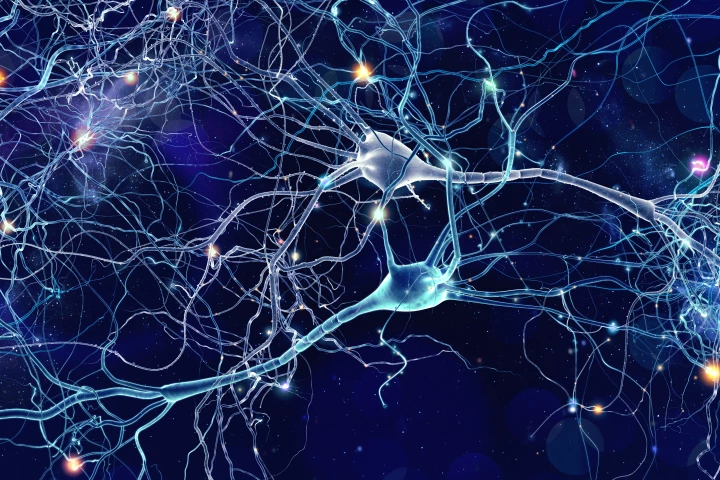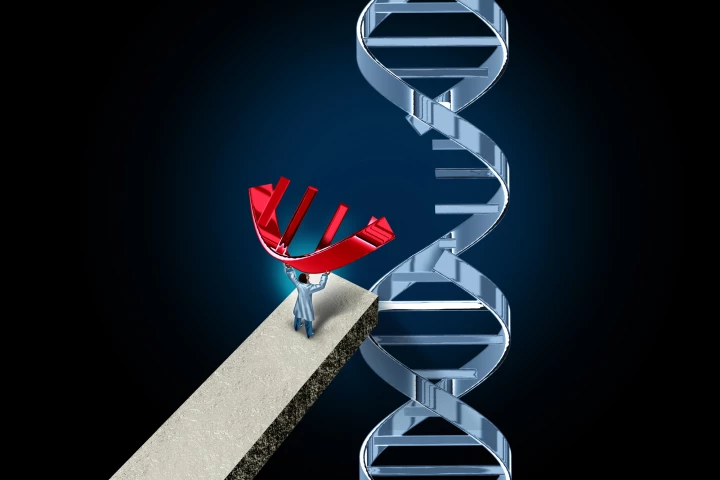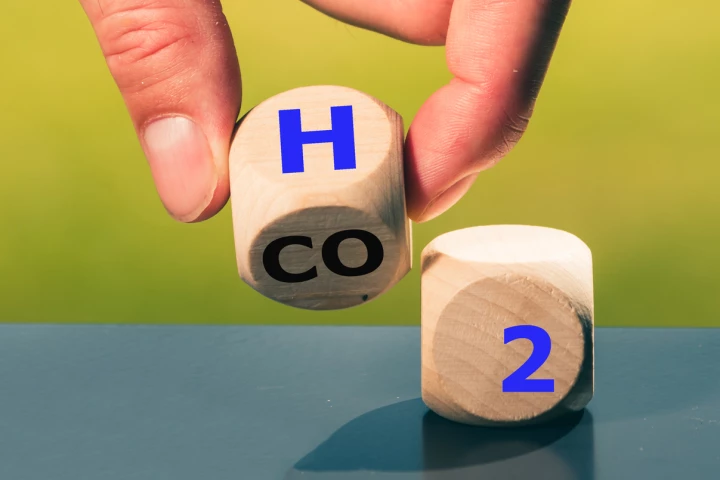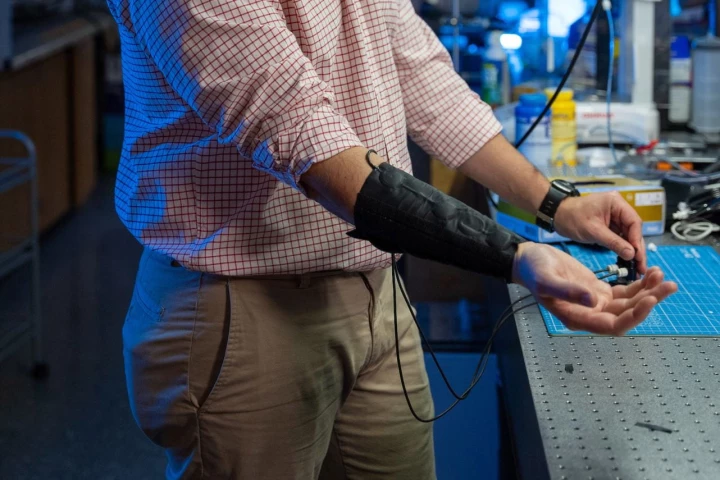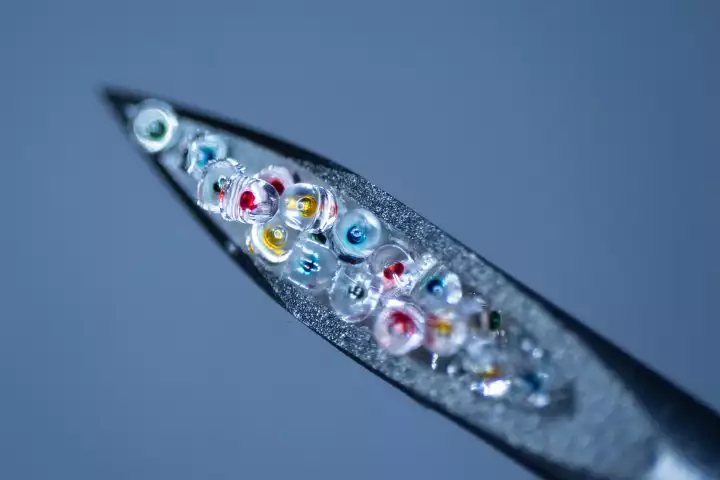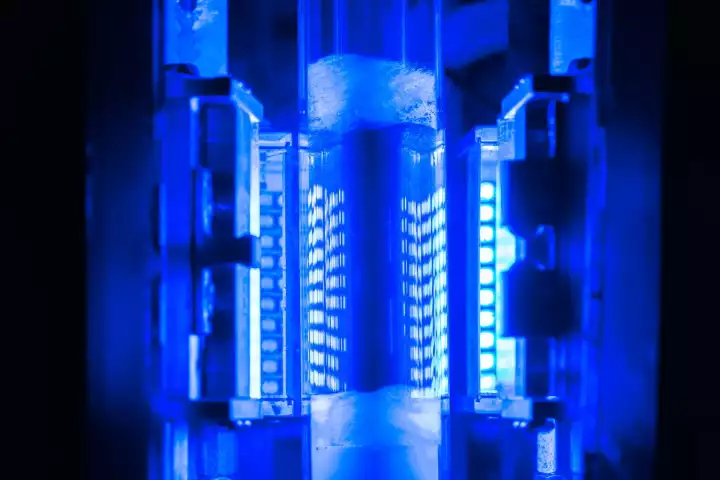Rice University
-
For people such as Gary Lynn, cerebral palsy makes it nearly impossible to perform tasks like getting a sip of water without human assistance. He can now get those sips on his own, however, thanks to a student-designed device known as the RoboCup.
-
In a move that echoes a sci-fi series, researchers have developed a material that was able to not only stimulate nerves in rodents, but reconnect them as well. The finding could lead to injectable particles that take the place of larger implants.
-
Splitting the gene editor used in traditional CRISPR technology creates a more precise tool with significantly less chance of causing unintended mutations, a new study has found. The novel tool could correct half of the mutations that cause disease.
-
Researchers have harvested hydrogen from waste plastics using a low-emissions method. They say it not only solves environmental problems, but the value of the graphene by-product could offset the costs of producing hydrogen.
-
Although we're moving away from being a throw-away society, single-use nitrile gloves are still widely utilized in healthcare settings. That may not always be the case, however, thanks to the development of reusable gloves that cook viruses.
-
Haptic feedback systems, in which users receive tactile signals, definitely show a lot of promise … but they can be electronically complex. An experimental new setup makes things simpler, by incorporating pneumatic pouches into wearable sleeves.
-
It goes without saying that the cameras on self-driving cars can't see around the corners of buildings. The ORCa computer vision system, however, could one day allow them to do so … with a little help from shiny objects that they can see.
-
Scientists have discovered that the feces of coral-biting fish is brimming with beneficial symbionts. If scientists could get stressed-out coral to take them on board, essentially a 'poop transplant,' it may help reverse some forms of coral bleaching.
-
Missing medications or not taking them as required can have costly results. Bioengineers at Rice University may have the solution to missed medications, using advanced technology to create a system that delivers time-released drugs.
-
The production of the cement is a major source of greenhouse gas emissions, which is why some people have tried replacing it with fly ash. A new technique makes that fly ash more eco-friendly, resulting in concrete which is greener and stronger.
-
For studies on insect-borne diseases, many a human has sacrificed an arm in a tank full of mosquitos. Now, a new artificial skin filled with real blood might spare humans the itchy bites, while providing a greater insight into mosquito behavior.
-
A fundamental chemistry breakthrough promises to unlock ammonia as a clean fuel, and decarbonize the chemical industry in the process. Rice University researchers have created a small, LED-powered device that converts ammonia to hydrogen on the fly.
Load More

